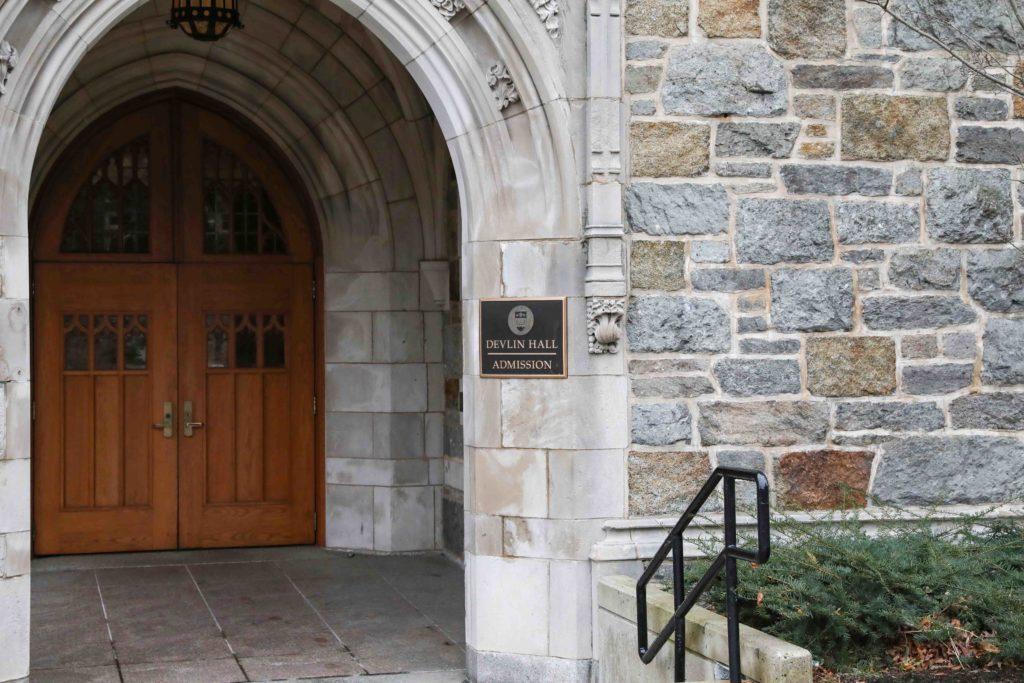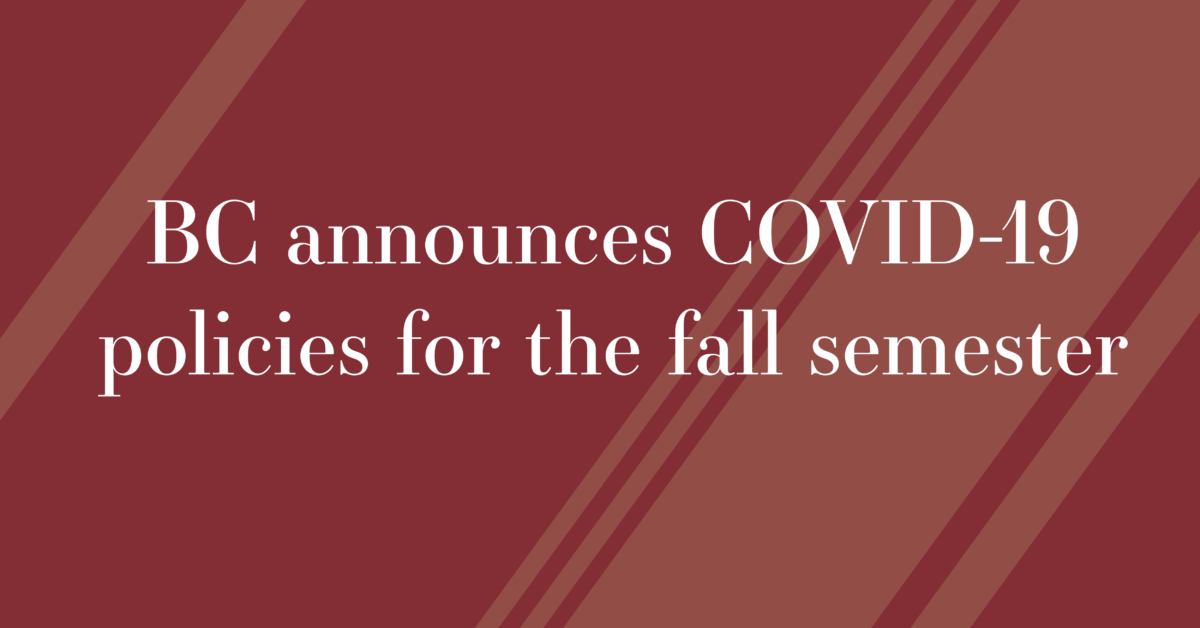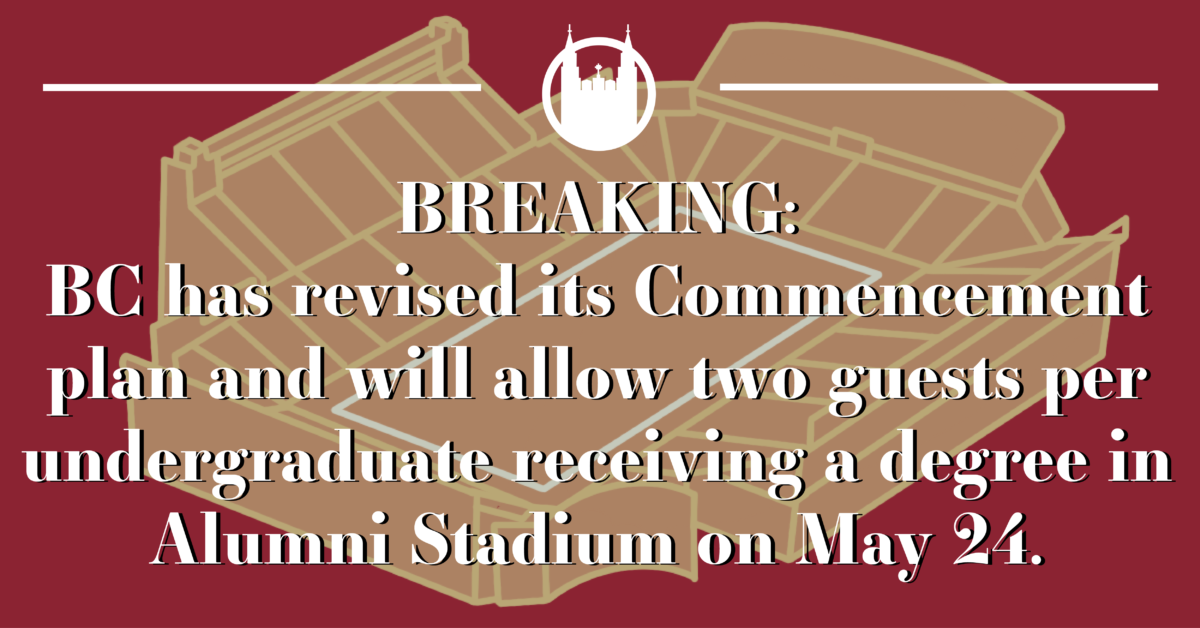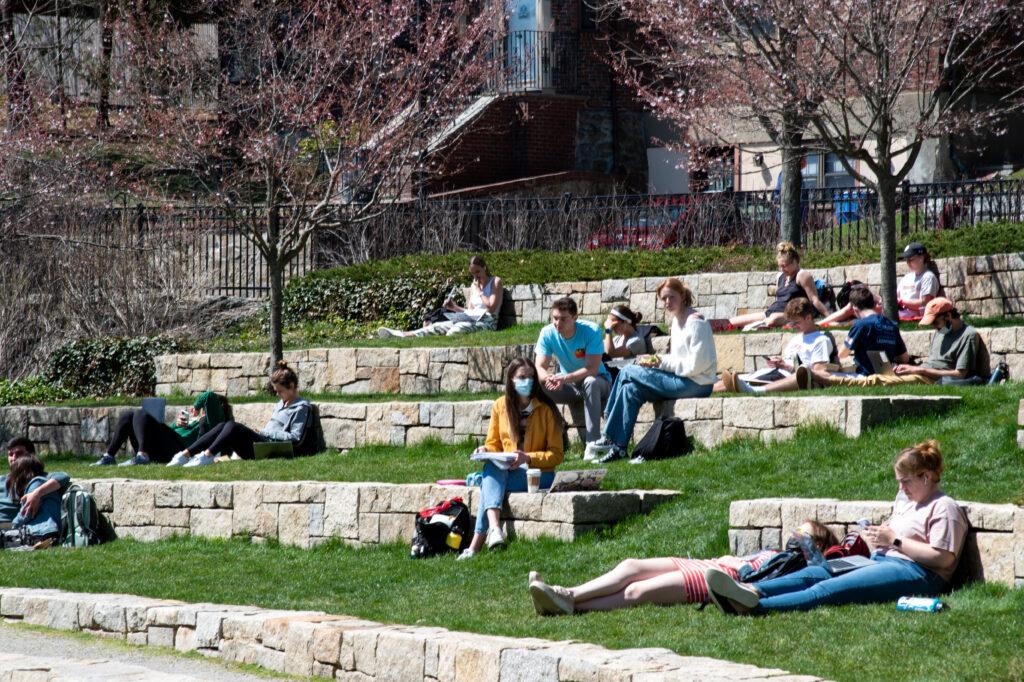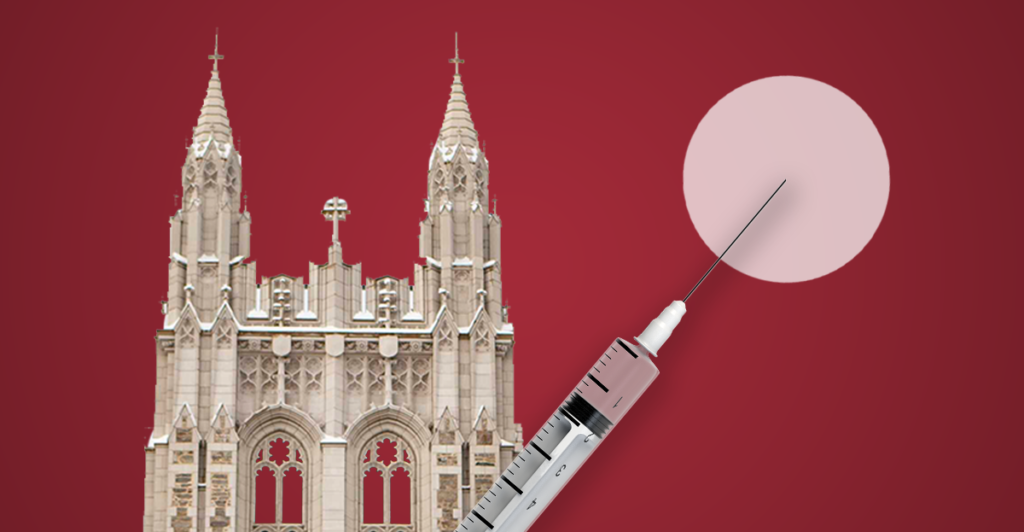“The reality is that the University will incur significant expenses this year as we add synchronous and asynchronous online courses, upgrade our classroom technology and HVAC systems in campus buildings, significantly enhance our campus sanitizing efforts, and add COVID-19 testing through The Broad Institute for all members of the community who will be on campus, among other costs,” the letter said.
The letter said that students who will not be on campus in the fall will still have to pay full tuition. It said that tuition is needed to help cover the costs of technology upgrades, testing, and sanitization efforts to prevent the spread of the coronavirus.
Tuition for the 2020-21 academic year is $59,050, and the overall cost of attendance for the year is $75,422, with an increase of 3.69 percent in tuition, fees, and room and board, the Board of Trustees announced on March 12.
The trustees’ announcement also stated that the University increased its need-based financial aid for undergraduates by $5.6 million to a total of $146 million, a 4 percent increase. Sixty-seven percent of BC undergraduates receive financial aid, according to the letter.
As BC moves forward with a higher tuition for the upcoming year, a petition has sprung up online calling for BC to lower tuition, garnering over 2,000 signatures. The petition, created by Taesung Kim, MCAS ’22, argues that students will have a lower standard of living on campus and lower quality of education, and it notes that students will not have access to some student services or many traditional student experiences.
“The rising of the total cost of attendance should reflect a greater access and support system for the Boston College community, but even at a best-case scenario, the services offered will be significantly limited,” the petition reads. “The total cost of attendance needs to be adjusted to reflect the limitations.”
An update added to the petition on Wednesday urges students not to pay their bill until BC concedes and treats students not “as assets but as humans.”
Associate Vice President of University Communications Jack Dunn could not be reached for comment.
For the 2019-20 academic year, tuition increased by 3.97 percent from the year prior, and the University raised undergraduate financial aid by $9 million to a $140.3 million total—a 6.9 percent increase.
In response to the economic hardships caused by the coronavirus pandemic, other colleges and universities are offering tuition discounts or freezes for students. Williams College decreased its cost of attendance for the coming academic year by 15 percent, and William and Mary, Kansas City University, and Virginia Tech announced they would retain last years’ tuition rates.
Monday’s letter to parents also said that the University is currently planning on adhering to its scheduled academic calendar, as announced on May 19, but it said the schedule is subject to change as the semester progresses. Possible adjustments could include having students return home during Thanksgiving Break and finishing the remaining two weeks of classes and final exams for the semester remotely, the letter said.
“With Thanksgiving being nearly 20 weeks away, we cannot predict conditions at this time, but our ultimate decisions will be guided by public health considerations, with the safety and well-being of our students and community members being our paramount concern,” the letter said.
The letter also provided a glimpse into classroom life for the fall semester. Classroom layouts will include a “teaching zone” that will allow faculty members to move around while keeping a safe distance from students’ desks. Most classrooms will also be reduced to 50 percent capacity by reconfiguring desks to ensure a three-foot distance between all desks, in accordance with guidance from the Commonwealth of Massachusetts for K-12 schools.
Each class will have assigned seating, and instructors will take attendance to help with later potential contact tracing, the letter said.
What is considered an appropriately safe distance between desks has been the subject of recent controversy in Massachusetts. While the CDC guidelines indicate that a distance of six feet is the safest, a lack of adequate space in classrooms has pushed state officials to settle for the three-foot recommendation from the World Health Organization as the minimum requirement.
BC is asking all faculty to record in-person lectures and activities and live-broadcast them when applicable, using technologies like the Lecture Capture system or Zoom. The letter reiterated that students, faculty, and staff will be asked to do a personal self-assessment every day and stressed that students should only attend class in person if they are feeling healthy and well.
In fixed-seat auditoriums where seats are too close to accommodate 50 percent capacity, the University has determined appropriate layouts that generally allow fewer than 50 percent capacity. Most large lectures will consequently be held online, the letter said.
The Office of Student Services is in the process of adjusting course formats and classroom assignments in accordance with new safety guidelines, according to an email sent to students on Monday. Some courses will be held entirely in person, some will be online—either synchronously or asynchronously—and others will be a combination. Decisions regarding course offerings and schedules will not be final until students receive a follow up email at the end of July, which will also include information about what students should expect in the classroom, the email said.
Classrooms will be deep-cleaned every night before a teaching day, according to the letter. Each classroom will have sanitizing wipe dispensers, and faculty and students will be asked to disinfect their individual spaces before and after each class.
“We believe this combination of practices, combined with the University’s approach to testing, contact tracing, and quarantine/isolation, should make BC’s classrooms—and campus—as safe as possible given the challenging conditions imposed by Covid-19,” the letter reads.
BC libraries will be arranged to maximize distanced seating to accommodate online learning. Student lounges, lobbies, and other public spaces on campus will also be made available to students. Students should prepare to attend online classes from their residence halls or off-campus houses, but in the event that this is not possible due to class scheduling, students may use these spaces, the letter said.
The FAQ also reiterated that the University will enforce weekly testing of some students, faculty, and staff to identify possible asymptomatic cases on campus, and that UHS will work with the Massachusetts Department of Public Health to perform contact tracing when positive cases are identified.
“While no campus nationwide will be immune to the coronavirus, we believe our plan for testing, contact tracing, quarantining, and isolating students—coupled with a requirement that all community members practice physical distancing and wear face masks or coverings in classrooms, campus buildings, and public areas within residence halls—will provide us with prudent mitigation steps for a safe semester on campus,” the letter said.
BC will reopen the Margot Connell Recreation Center according to the state guidelines for gyms and fitness centers that are in effect at the time students return, according to the letter. The University is still determining which modifications need to be made to student activities that are allowed to continue, such as implementing size limitations or requiring remote meetings. The University will continue to offer student retreats, though they may be modified to comply with gathering size limits in the facilities they are held in.
Featured Image by Ikram Ali / Heights Editor

